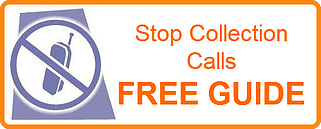 At some point in our lives, most of us have borrowed too much. If you're in over your head, don't despair. But make no mistake: You must learn to live on what you earn.
At some point in our lives, most of us have borrowed too much. If you're in over your head, don't despair. But make no mistake: You must learn to live on what you earn.
First, stop making excuses about why you're in debt. Don't blame the credit card companies or your parents. Put that energy into reducing your debt.
Debt can be extremely stressful, so tell someone you're in financial trouble. If you can't talk to a family member or friend, contact an organization that deals with debt reduction.
Then get a handle on how big your problem is. You can start with a free debt analysis, or you can sit down with pen and paper. When you have no idea how much you owe, simply establishing a number is a critical first step.
Don't avoid the B-word
The best way to start reducing debt is to set up a budget. It's not a punishment; it's a way of knowing exactly where your money goes. You'll need to add up your income and subtract your expenses, then set up a plan.
Don't lie to yourself. Be honest about your spending habits and you'll end up with a more realistic budget.
- Budget more than the minimum on credit card payments. Paying the minimum is better than nothing, but you wind up paying a lot more in interest as you chip away at the balances.
- Start an emergency fund -- a savings account that should grow to at least three months of expenses. Even $10 a week can help if it means you don't have to visit a payday lender two months from now. Without an emergency fund, unexpected costs or loss of income can drive you deeper into debt.

What's your plan?
Use your budget to help you plan your debt-reduction strategy. List all of your debts, from the highest interest rate to the lowest. Aggressively pay down the highest-rate balances while making on-time minimum payments on the others. Your budget will dictate how much you can devote to paying down your balances each month.
In addition, consider these tips:
- If you have the money in savings, pay off what you can. The amount of savings income you get is usually dwarfed by interest rates you pay on your debts.
- Use any extra cash -- bonuses, extra paychecks, lottery winnings -- to pay down debts.
- Volunteer to work overtime, or get a second job.
If you can't earn more money, you'll need to spend less. Try these tips:
- Eat at home when possible. Avoid buying lattes and fast food.
- Go cash-only. After the bills are paid, allot yourself a certain amount of cash for gas, groceries, etc. When the cash is gone, the fun is done.
- Forgo premium cable-TV channels and high-speed Internet service. Your public library typically not only offers free Wi-Fi but computer access as well.
Face up to your credit cards
Once you're out of debt, how can you stay that way? Of course, stick to your budget. In addition, figure out how to deal with credit cards, which likely got you into this mess in the first place.
- Cut up all but one of your cards, the one with the lowest interest rate. Use that card only for emergencies.
- If you continue to use your credit cards, pay in full every month and avoid interest charges altogether.
- Call your creditors and ask for lower rates.
- Don't use retail-store credit cards for the discounts. Chances are that card carries a high interest rate that you'll have to deal with if you don't pay off your balance each month.
When the collectors are knocking
If you've gotten in so deep that debt collectors are at the door, know your rights:
- They may not falsely imply that they are government representatives or that you have committed a crime.
- They may not tell you that you will be arrested if you do not pay your debts.
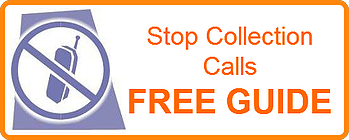
Whatever you do, don't give up. You didn't get into debt overnight, and you won't get out that quickly. Getting out of debt takes time and patience, but it pays big dividends down the road.
photo by: paalia
 In most states, a wage garnishment for non-payment of debt is approximately 25% of your net, after-tax income.
In most states, a wage garnishment for non-payment of debt is approximately 25% of your net, after-tax income.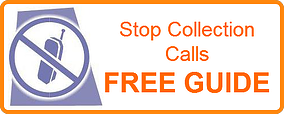




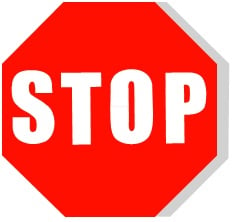
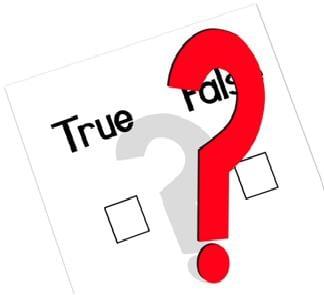 Whether you ae a shopping addict or use your credit cards to pay your bills, there may come a time when you need help to help organize your bills, repay your debt, and improve your finances. For some, Debt Relief is the answer. But before you jump in head first, it's time for a course in Debt Relief 101.
Whether you ae a shopping addict or use your credit cards to pay your bills, there may come a time when you need help to help organize your bills, repay your debt, and improve your finances. For some, Debt Relief is the answer. But before you jump in head first, it's time for a course in Debt Relief 101. School's Out For the Summer!
School's Out For the Summer!

 If a debt collector contacts you and claims you owe a debt, how can you make them prove that you still owe it?
If a debt collector contacts you and claims you owe a debt, how can you make them prove that you still owe it?
 At some point in our lives, most of us have borrowed too much. If you're in over your head, don't despair. But make no mistake: You must learn to live on what you earn.
At some point in our lives, most of us have borrowed too much. If you're in over your head, don't despair. But make no mistake: You must learn to live on what you earn.

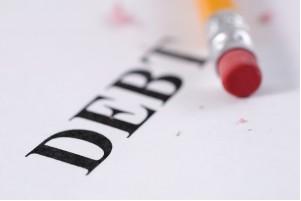 Are you trying to get out of debt but having trouble paying down your credit card bills?
Are you trying to get out of debt but having trouble paying down your credit card bills?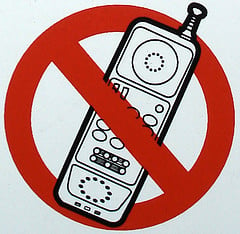 3 VERY IMPORTANT tips on how you can STOP COLLECTION CALLS:
3 VERY IMPORTANT tips on how you can STOP COLLECTION CALLS: